Introduction
In Lambda, there are different Finish Styles for weapon paints.
This article covers the different finish styles that you can use. It's important to ensure that the paint you are creating fits in to one of these styles.
Solid Colour Style
Individual components of the weapon are painted with up to four unique colors before reassembly.
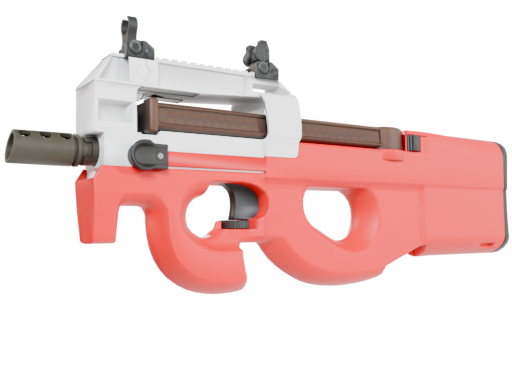
Spray-Paint Style
The weapon is spray-painted with multiple coats through stencil patterns.
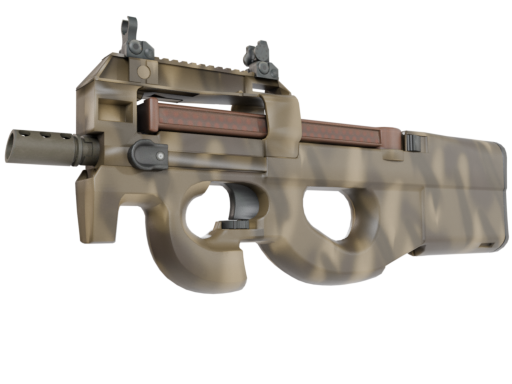
Hydrographic Style
Disassembled weapon parts are lowered through a floating hydrographic film on the surface of a water tank. The film adheres to the primed weapon parts, covering the surface with a pattern.
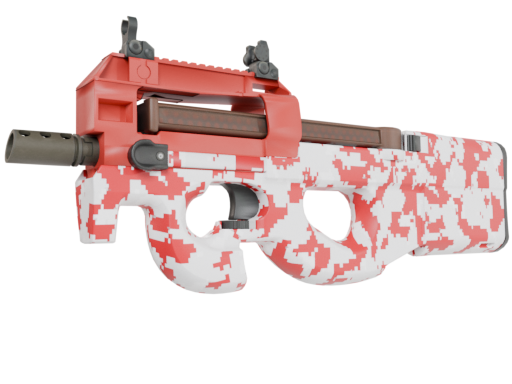
Anodized Style
Many comon firearms materials cannot be anodized. Instead the effect is often mimicked by applying a colored candy coat over a chrome base.
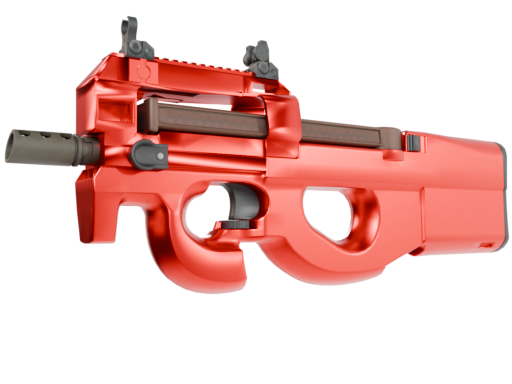
Anodized Multicolored Style
In this style, the candy coat may be applied in a multicolored pattern. In the real world, methods could include silk-screening or adherable stencils.
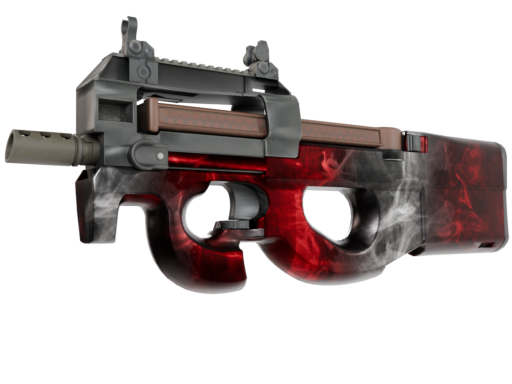
Patina Style
A patina is a chemical reaction that forms a non-reactive, hardened shell over metallic parts. Real-life weapon patinas include case hardening, cold bluing, and acid forced patinas.
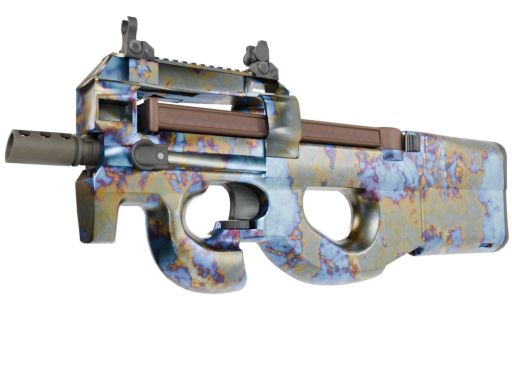
Custom Paint Style
The traditional way of creating weapon finishes, this style allows complete control over all aspects of the weapon. This style enables extremely customized looks in a full range of colors.
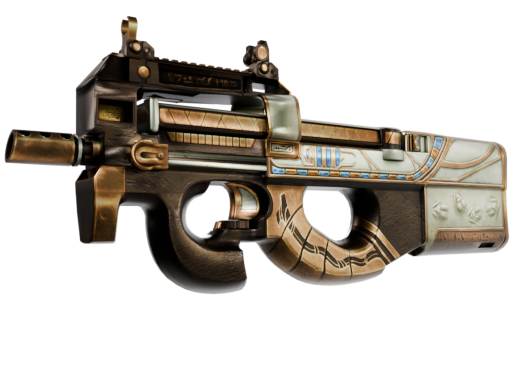
Gunsmith Style
This style uses a combination of patina and custom paint styles.
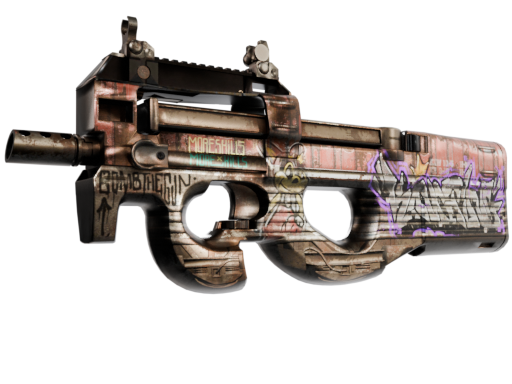
Fluorescence Style (Glow-in-the-dark)
This style uses the Custom paint style, but allows you to define areas of your finish which are not affected by engine lighting. This effect is often called "Self Illum" or "Self Illuminate"
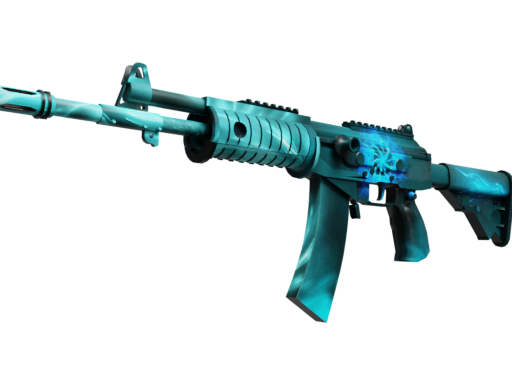
Warning: Fluorescence Style finishes are not compatible with Surface Finishes, as such all phosphorescence finishes will have a matte finish.
Animated Style
This style uses the Custom paint style, but allows you to define areas of your finish which have animations.
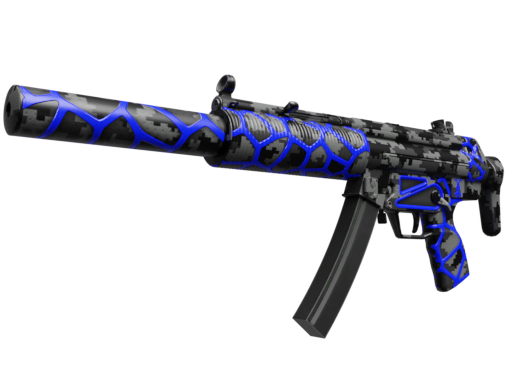
Warning: Animations should be as small as possible, any finishes which utilise large animations are unlikely to be accepted. You can use Material Proxies to make areas of your finish change colours.